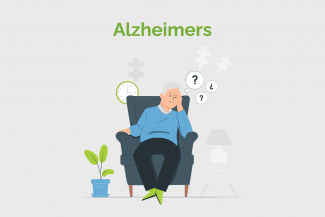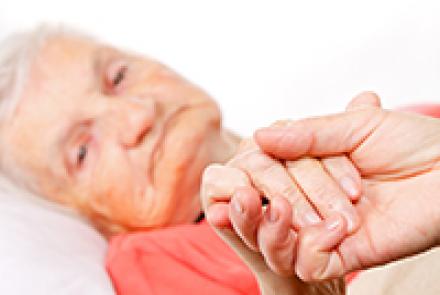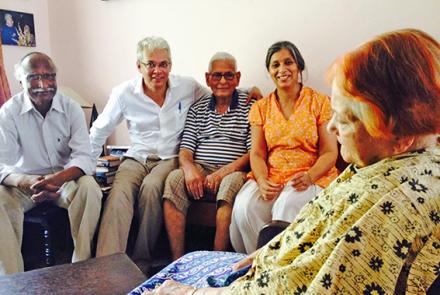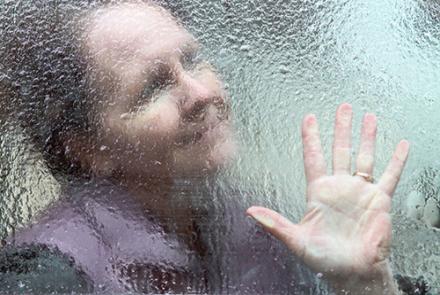Alzheimer's disease is a neurological disorder (disorder of the nervous system) in which the death of brain cells causes memory loss and cognitive decline.

What causes Alzheimer’s disease?
- Scientists believe that for most people, Alzheimer's disease results from a combination of genetic, lifestyle and environmental factors that affect the brain over time.
- Although the causes of Alzheimer's are not yet fully understood, its effect on the brain is clear. Alzheimer's disease damages and kills brain cells.
- As more and more brain cells die, Alzheimer's leads to significant brain shrinkage.
What are the risk factors for developing Alzheimer’s disease?
- Age
- Family history
- Genetic - Having a certain gene (the apolipoprotein E or APOE gene)
- Risk factors for vascular disease - including diabetes, high cholesterol and high blood pressure
- Low educational and occupational attainment
- Prior head injury
- Sleep disorders
Changed
29/Dec/2025
Community
Condition

















